For five days after Baltimore’s mayor declared a state of emergency related to the coronavirus, the city didn’t record a single homicide.
It seemed possible that concern over the pandemic might suppress the city’s longstanding plague of gun violence. The reprieve was short-lived.
Since March 23, the city has seen 11 killings in 12 days, with at least 18 more people shot and wounded. That doesn’t include a man fatally shot by a police officer. March finished with 18 homicides, a number in line with what’s typically been recorded during the month in recent years.
Related Story: Nearly 60 inmates released from Baltimore jails as judiciary looks to shield against the coronavirus
But the overall crime picture remains more complex. Total reported crime in Baltimore has indeed dipped, as have calls to 911, data show. Reported property crime is down considerably: Burglaries, larcenies and auto thefts have fallen each of the past three weeks, and have been cut in half compared with the same period last year.
That is keeping with a trend reported in other cities where stay-at-home orders and general fears about the coronavirus have driven down crime. But Baltimore, like other cities, continues to see gunfire.
After seven people were shot in one incident March 17, Mayor Bernard C. “Jack” Young urged gunmen to stop shooting in order to free up hospital beds for coronavirus patients.
Violent crime is declining, though some categories actually rose in the middle of the month. Baltimore has a persistent problem with robberies — U.S. Attorney William P. Barr in December called the city the “robbery capital” — and even a 21% week-over-week decline in that category still saw 64 robberies across the city for the week ending March 28.
“It’s a very challenging arena,” Deputy Commissioner for Operations Michael Sullivan said in an interview. “We talk about changing the culture, and that culture of violence out there doesn’t change because of a pandemic.”
The coronavirus effects that could be associated with reducing crime are also competing with factors that sometimes contribute to crime: skyrocketing joblessness, rising temperatures and children out of school.
Coronavirus and stay-at-home orders have tamped down crime in New York, Chicago and St. Louis, said Richard Rosenfeld, a criminal justice professor at the University of Missouri-St. Louis. He noted that Italy, devastated by the virus, has seen street crime plummet.
“Crime conforms to activity patterns in the population. As routine activities are disrupted, crime rates change. Fewer people on the street means fewer targets for robbers and larcenists,” he said. “More people at home means lower rates of residential burglary because burglars tend to avoid occupied homes.”
Daniel Webster, director of the Johns Hopkins Center for Gun Policy and Research, said that while some of Baltimore’s violence might be attributed to the drug trade, it is often over simple beefs. In parts of the city, violence has become an accepted way to settle those disputes.
“It’s a complex set of circumstances that lead to shootings,” he said. “The question will be: How much will they be interacting with one another? That’s a little less clear.”
One of the most recent killings took place Thursday during morning rush hour in the parking lot of a Park Heights carryout.
“We talk about changing the culture, and that culture of violence out there doesn’t change because of a pandemic.””,”additional_properties”:{“comments”:[],”inline_comments”:[]},”_id”:”QQQDZJTBLJHCDOIWICRSQ4R2O4
Deputy Commissioner Michael Sullivan
Days earlier, a sleeping family in Northwest Baltimore’s Cross Country neighborhood awoke around 3:30 a.m. to four masked gunmen demanding, “Where’s the money!” One man had climbed through an unlocked kitchen window and let the others in, according to a police report. They stole cash, cell phones and car keys.
Sullivan, the deputy commissioner, said there’s been a citywide trend of such overnight home invasions.
Arrests have plummeted as well. According to police data, there were 188 arrests during the week ending March 28, compared with 428 during the same period last year — a 58% drop.
For the month, arrests were down 28% compared with the same period last year.
“We’ve asked our officers to really weigh the actions they take, versus the public harm that is actually occurring out there,” Sullivan said. “We don’t want them to unnecessarily expose themselves, but we do need to engage and encourage social distancing.”
Officers who spoke with The Sun say coronavirus concerns have them more reluctant than ever to engage on lesser crimes. Prosecutors lifted some of those pressures when they announced a moratorium on charges for low-level crimes such as drug possession and prostitution.
A Baltimore police officer and two city firefighters already contracted the virus. Leaders of the police union have requested donations of hand sanitizer, face masks and gloves, saying the city and department leaders haven’t done enough to protect officers.
One officer said that leads to a lack of enforcement.
“I’m not going to let a handgun go or a robbery or a violent act against a person,” said the patrol officer, who spoke to The Sun on the condition of anonymity because they were not authorized by the department to speak to the media. “But at the same time, I’m working in a city that hasn’t provided anything to protect us.”
Sullivan said officers “are still making arrests,” emphasizing detective units.
“Our detectives and the men and women of the police department are working very hard to make sure that we hold people accountable, especially homicide, non-fatal shootings and robbery,” Sullivan said.
But City Councilman Leon Pinkett, who represents West Baltimore, lamented that drug dealing has continued to thrive. Officials have observed dealers wearing surgical masks and gloves.
Pinkett said he’s primarily concerned with overdoses from fentanyl-laced heroin.
“In a pandemic or not, communities across the city continue to be held hostage by open air drug markets,” Pinkett said. “To the residents in the community [current enforcement efforts] are no different than what they were experiencing prior to COVID-19. There’s been a perception in my district that there is no enforcement, there is no prosecution for drug dealing.”
One notable success has been the department’s Western District, which is in the midst of an exceptional period of more than a month with just one non-fatal shooting and no homicides. That’s after the district saw the most homicides in the city the past two years, with 59 people killed in 2019 and 51 people killed in 2018, and began this year with 11 people killed through February.
Police are trying to figure out how best to carry out Hogan’s stay-at-home order. In recent years, through the consent decree process, officers have been told not to break up groups of people who are not committing crimes in order to repair trust with the community.
Instructions recently distributed to officers tell them to play a recorded message about dispersal over a PA system for up to 15 minutes.
If the group fails to disperse, officers have been told to call a supervisor, activate their lights and sirens, and let the message play for another 15 minutes. And if they still don’t disperse? The Foxtrot helicopter is then supposed to fly overhead and make the same announcement.
Even then, the department told its officers to avoid making contact with the individuals and to consider whether bringing charges is necessary “while balancing resource constraints and public harm.”
On a recent morning at the corner of Saratoga and Eutaw streets, an officer sat in his cruiser with his lights flashing and windows rolled up, playing the message over the loudspeaker. Men in winter jackets and caps crammed the sidewalk; some hopped in and out of a nearby tavern. Money jumped from one set of ungloved hands to another. After about seven minutes, the officer turned the corner past two other groups, his message universally ignored.
Sun reporters Tim Prudente and John Holland contributed to this article
___
(c)2020 The Baltimore Sun
Visit The Baltimore Sun at www.baltimoresun.com
Distributed by Tribune Content Agency, LLC.



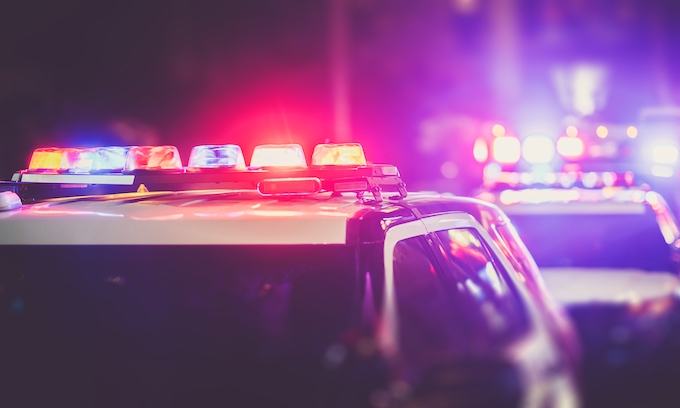
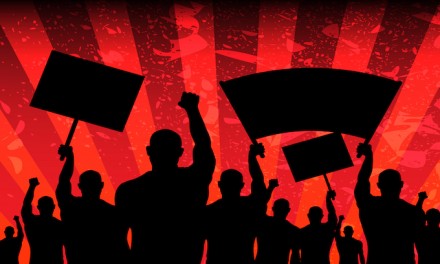
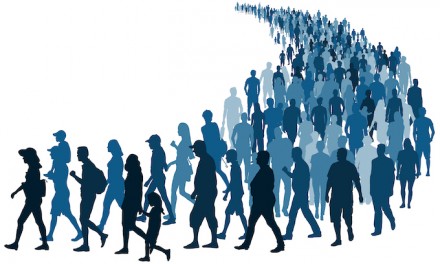
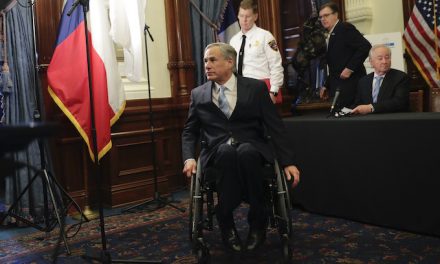
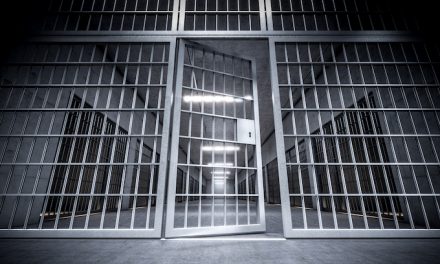











Recent Comments